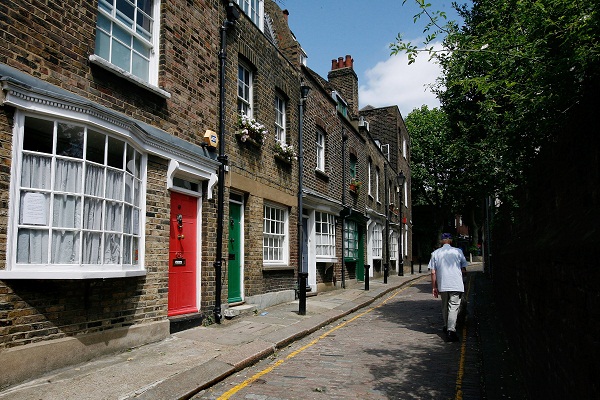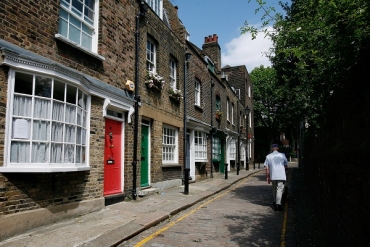According to UK property experts, the introduction of a mansion tax in the UK would have a seriously adverse effect upon properties in London and the South East of England.
The idea has been in the air for a while, with the Labour party recently declaring their support of the tax after the idea was first suggested by the Liberal Democrats in 2009. Labour however says it wants to ensure that only rich property owners are made to pay the tax.
Potential Issues
One of the main issues regarding the tax is the question of where the threshold for the tax should be set. When the idea was first discussed by the Liberals in 2009, the policy was to bring it in for properties worth over £2 million, but since then London property prices have soared. According to Knight Frank, a property in Chelsea or Kensington that was worth approximately £1.2 million in 2009, would now be valued at nearly £3.5 million. So unless the proposed threshold was considerably raised, many more property owners would find themselves vulnerable to the tax, most would not be considered particularly rich.

Balls’ Opinion
Ed Balls, former education minister and current Shadow Chancellor has declared that the tax could be potentially workable if there was a series of tax bands implemented. If his party were to win the general election next year, he says it would introduce a banding system and raise the threshold in line with the property price inflation.
The property industry however, has not been convinced by Balls’ suggestions. “A mansion tax will be a tax on London and the South East. Policymakers may feel that moving towards a regime where levying more taxes on assets as well as income is necessary, but there needs to be more detail on how this will work, and perhaps some assessment of the unintended consequences on the Treasury’s other sources of income such as stamp duty, capital gains tax and inheritance tax,” countered Liam Bailey, global head of residential research at Knight Frank.
“Because the tax is overwhelmingly faced by central London property the indexation of the threshold will be complex. Since the mansion tax policy and the £2 million price threshold was first set out in late 2009, prices have risen by 12 per cent in the UK, but by 65 per cent in parts of central London, dealing with these local variations will be a challenge,” he said.Rupert Snowden of Innovo Property agrees that an introduction of the tax could raise more issues than it solves.
“In theory, the introduction of a mansion tax sounds like a great idea, higher taxes for more expensive properties is a perfectly logical idea,” he said.
“However, issues could be caused by the differential in property inflation across different regions. London homeowners will not be pleased by the concept of paying more tax than people from other regions for properties which have had their prices inflated massively in the past 12 months. Compare this to the owner of a £2 million property outside of London which may well be similar in size and grandeur, but has not increased price wise at anything near the same level – this homeowner will end up paying significantly more tax than the one living in London, and this is what appears to be causing the protest against the introduction of the tax.” he explained.
Brad Shore is an experienced property and investment writer. He has written articles for a number of online magazines and blogs such as Innovo Property. He likes to impart knowledge upon his readership through the medium of genuinely interesting content and enjoys discussing the subjects on which he has written.

